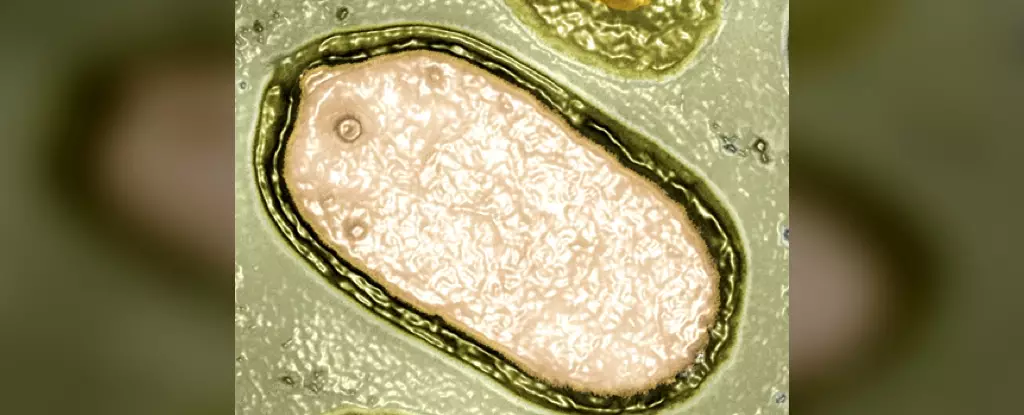Recent research spearheaded by marine biologist Benjamin Minch and virologist Mohammad Moniruzzaman from the University of Miami has unveiled an astonishing number of giant viruses—230, to be precise—that were previously unknown to science. This profound discovery not only enriches our understanding of marine ecosystems but also raises alarming questions about the roles these titanic viruses play in our oceans and, consequently, our world. Utilizing advanced genome analysis and bespoke software, the study pushes the envelope on what we know about marine microbes and their intricate interactions. However, while the rejuvenated focus on virology offers promising avenues for ecological management, it simultaneously highlights a troubling reality: a hidden world of adversarial forces lies beneath the ocean’s surface.
The Disquieting Implications for Marine Life
Giant viruses have been identified as critical players in oceanic mortality rates, particularly concerning phytoplankton—those minute yet mighty photosynthesizers that serve as the foundation of marine food webs. Phytoplankton generate a substantial portion of Earth’s oxygen, yet remain vulnerable to these viral predators. Moniruzzaman’s assertion that understanding these interactions could help manage harmful algal blooms is commendable but also causes a certain level of disquiet. It’s a reminder that our attempts to navigate and manipulate complex oceanic ecosystems may also render them more fragile.
Indeed, the discovery of new functional proteins, especially those involved in photosynthesis, suggests that giant viruses are more than mere opportunistic pathogens—they may actively manipulate their hosts’ cellular functions for their benefit. This reality paints a daunting picture of co-evolution, where viruses evolve not just to survive but to hijack essential biological processes for their own ends. Hence, while this research marks profound strides in microbial exploration, it also casts a shadow over our ability to safely manage these ecosystems.
Utilities of Advanced Methodologies
The technological advancements that have enabled this breakthrough cannot be overstated. With the evolution of genome databases and computational analysis tools, the study of oceanic virulence has reached a new height, unveiling complexities previously deemed unknowable. As Minch notes, these tools set a framework that will foster a more nuanced understanding of viruses and their biochemical relationships with marine life. But is this newfound knowledge a double-edged sword? The intersection of discovery and potential exploitation raises ethical questions about who controls this information and how it might be used.
The audacious claim that we have “only scratched the surface” of viral biodiversity serves as both a call to action and a somber reminder of the lurking threats within our oceans. If these giant viruses possess the capacity to manipulate life processes, the prospect of unintended ecological consequences looms large. The politically charged atmosphere surrounding environmental regulation must adapt to this growing understanding of microbial influences on ocean health.
The Dichotomy of Scientific Progress and Environmental Ethics
What does it mean for the average citizen that scientists are learning more about viruses that can devastate crucial marine species? It complicates our relationship with the oceans. On one hand, advancements such as those made by Minch and Moniruzzaman are crucial for anticipating ecological crises and managing pollutants. On the other hand, this scientific progress must be accompanied by rigorous ethical considerations regarding the ramifications of our interventions.
Given the profound impact of these discoveries, it is essential to question whether the direction of scientific inquiry is being prioritized correctly. Are we focusing sufficiently on conservation and ethical stewardship, or are we chasing lucrative research grants and immediate results? The revelations of this study invite a debate about marine policy and research funding, advocating for an approach that values ecological integrity over mere academic curiosity.
As we stand at the precipice of a new era in virology, the urgency of our situation should not be lost. With the delicate balance of oceanic ecosystems threatened by the very entities that could help us understand them, the time for thoughtful and holistic approaches to marine management is now. It’s not just about understanding life below the waves—it’s about safeguarding it for the generations to come.


Leave a Reply